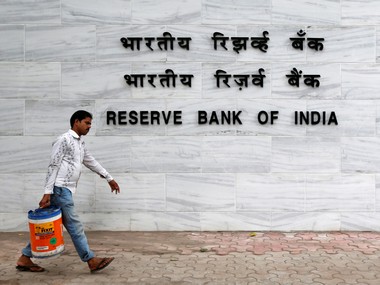As we all know country is dealing with heavy temporal cash crunch. Government has thought to curb the liquidation scarcity by printing more of Rs. 500 notes. In hopes of bringing some resilience in the situation of cash crunch, government has expedite the process of printing of notes. Despite of constant printing of currency notes in droves, the banks are running out of money. Banks are facing regular restrains of cash during the early hours of this morning. In fact many of them ran totally out of the currency.
Since the introduction of policy, private banks are going through arduous conditions of cash shortage. Also, as per the industry data, the supply of currency has faced a steep fall. As per the sources, there are four printing presses in the country. Two of which are owned by RBI at Salboni and Mysuru and two among four are owned by central government situated at Nashik and Devas.

The printing press were working in two shifts which have been extended to 3 shifts now. Their main focus is on printing of more Rs. 500 notes.
A government official mentioned that, ” Supply to other banks will definitely improve. We are air-lifting 500-rupee notes. There will be some pressure initially but in the next few days it will ease”. This money will be brought to the use by banks to make available the currency for huge number of salary accounts.

A public sector bank official mentioned that, ” For several years now, bulk of salary withdrawals are happening through ATMs. To take care of salary demand, we have filled our ATMs with Rs 2,000 notes”. On the other hand, private banks are on equal attempts to make available funds through smartphone devices to companies.
The situation became worse on Wednesday, when most of the bank branches were dry-mouthed because of less liquidation. Smaller banks were out of the question for receiving cash and larger bank branches received very small portion of the needed amount.












